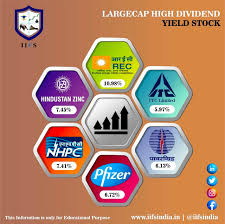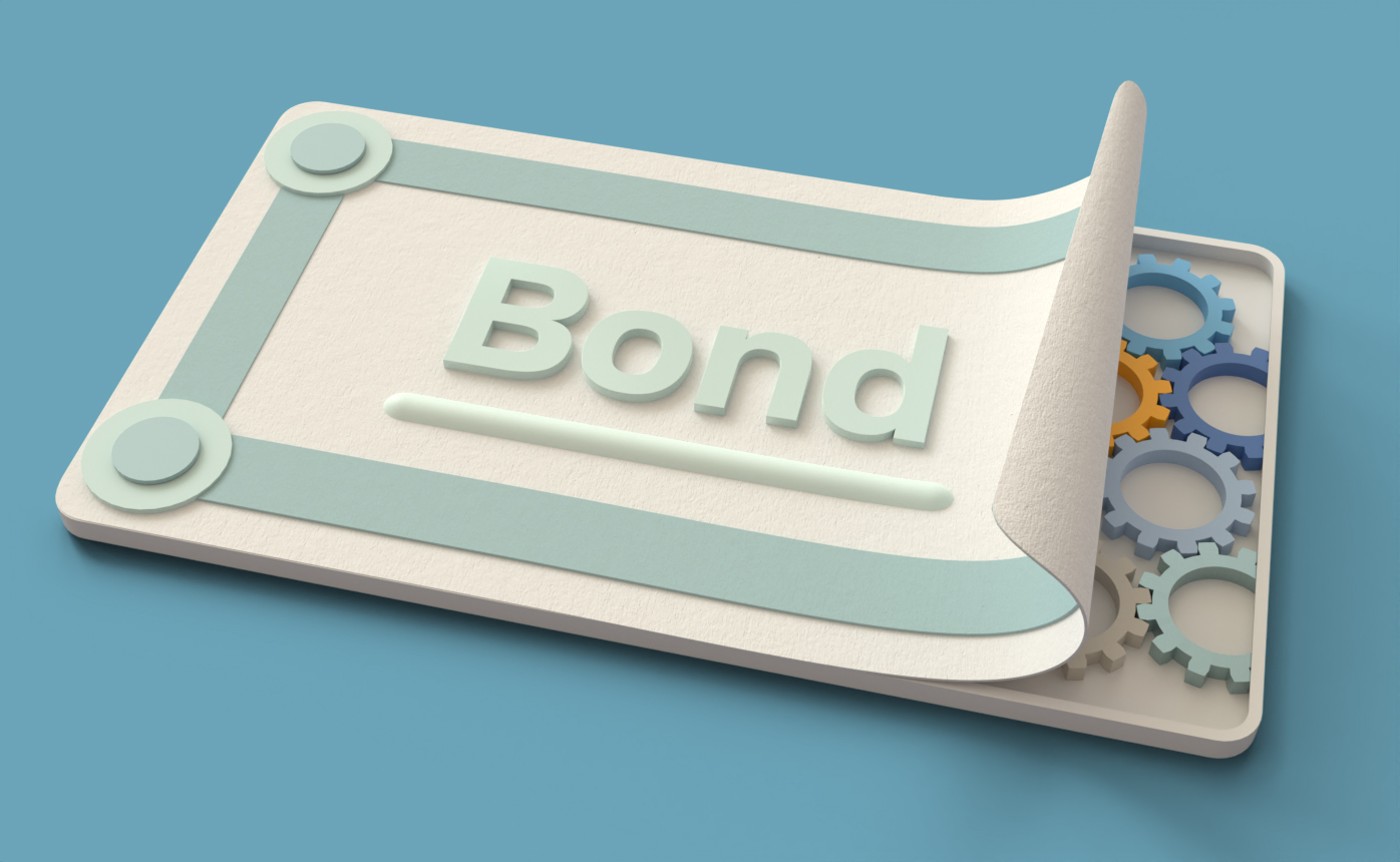
Commodity currency refers to a type of currency which has a direct connection with a commodity. This currency is used to purchase and sell commodities such as wheat, oil, gold or crops.
The value of commodities can change as they are bought and sold on the spot markets, futures contracts, options, etc. This currency type is less volatile and more predictable over the long term than other currencies.
Backing currency can either be a specific commodity such as gold or silver, or a commodity that can be traded for money. This type solves the issue of divisibility by allowing an unlimited number coins and notes to issued in a given country.
You need to know how these currencies work if you are interested in trading them. These currencies have a wide range of influences, including the economy and GDP (gross-domestic product), as well as inflation and interest rate.

Some economies are diverse and export a wide variety of commodities. Their currencies can therefore fluctuate in relation to their prices. For example, a country that produces copper may see its currency value rise as the demand for copper grows. Likewise, a country that imports many different types of metals may see its currency fall as demand for those metals declines.
In the past, currency backed by commodities has been popular. Before 1933, the dollar of the United States was backed by commodities. The US government valued the dollar during this time at $1 of gold.
This type of money is very important in countries with a low income, since it gives people the ability to purchase goods without having to spend large amounts of cash. This way, currency backed by commodities can reduce poverty and inequity.
GDP (gross Domestic Product) is an important factor when it comes to commodity currencies. Oil and grain demand will increase when the economy grows. On the other hand, if the economy is slowing down, demand for these products will decline.
Other factors can affect the price of commodities, but these are some of the most common. The price of commodity prices can change depending on a variety of factors, including the weather, the amount of a given crop that is planted, and whether or not certain types of oils are discovered.

Since forex markets are far more stable than commodity exchanges, it is easier to spot patterns. It's easier to predict the market and to make trading more consistent.
Forex markets provide a great way to trade commodity-backed currencies like the Australian dollars, which are based on many different commodities. The AUD has a strong relationship to gold's value and is also the world’s largest exporter.
FAQ
What is a Reit?
An REIT (real estate investment trust) is an entity that has income-producing properties, such as apartments, shopping centers, office building, hotels, and industrial parks. These publicly traded companies pay dividends rather than paying corporate taxes.
They are similar to corporations, except that they don't own goods or property.
How does Inflation affect the Stock Market?
Inflation has an impact on the stock market as investors have to spend less dollars each year in order to purchase goods and services. As prices rise, stocks fall. This is why it's important to buy shares at a discount.
What is the difference between stock market and securities market?
The securities market refers to the entire set of companies listed on an exchange for trading shares. This includes options, stocks, futures contracts and other financial instruments. Stock markets are typically divided into primary and secondary categories. Large exchanges like the NYSE (New York Stock Exchange), or NASDAQ (National Association of Securities Dealers Automated Quotations), are primary stock markets. Secondary stock market are smaller exchanges that allow private investors to trade. These include OTC Bulletin Board, Pink Sheets and Nasdaq SmallCap market.
Stock markets are important as they allow people to trade shares of businesses and buy or sell them. The value of shares is determined by their trading price. Public companies issue new shares. These shares are issued to investors who receive dividends. Dividends can be described as payments made by corporations to shareholders.
Stock markets are not only a place to buy and sell, but also serve as a tool of corporate governance. Boards of Directors are elected by shareholders and oversee management. The boards ensure that managers are following ethical business practices. The government can replace a board that fails to fulfill this role if it is not performing.
How are Share Prices Set?
Investors decide the share price. They are looking to return their investment. They want to make profits from the company. So they purchase shares at a set price. If the share price increases, the investor makes more money. Investors lose money if the share price drops.
An investor's main objective is to make as many dollars as possible. This is why they invest into companies. They are able to make lots of cash.
Is stock marketable security a possibility?
Stock is an investment vehicle that allows investors to purchase shares of company stock to make money. This is done through a brokerage that sells stocks and bonds.
Direct investments in stocks and mutual funds are also possible. There are more than 50 000 mutual fund options.
These two approaches are different in that you make money differently. Direct investment is where you receive income from dividends, while stock trading allows you to trade stocks and bonds for profit.
In both cases, you are purchasing ownership in a business or corporation. However, if you own a percentage of a company you are a shareholder. The company's earnings determine how much you get dividends.
Stock trading is a way to make money. You can either short-sell (borrow) stock shares and hope the price drops below what you paid, or you could hold the shares and hope the value rises.
There are three types for stock trades. They are called, put and exchange-traded. You can buy or sell stock at a specific price and within a certain time frame with call and put options. Exchange-traded funds are similar to mutual funds except that instead of owning individual securities, ETFs track a basket of stocks.
Stock trading is very popular because it allows investors to participate in the growth of a company without having to manage day-to-day operations.
Stock trading can be very rewarding, even though it requires a lot planning and careful study. To pursue this career, you will need to be familiar with the basics in finance, accounting, economics, and other financial concepts.
Statistics
- US resident who opens a new IBKR Pro individual or joint account receives a 0.25% rate reduction on margin loans. (nerdwallet.com)
- Even if you find talent for trading stocks, allocating more than 10% of your portfolio to an individual stock can expose your savings to too much volatility. (nerdwallet.com)
- Individuals with very limited financial experience are either terrified by horror stories of average investors losing 50% of their portfolio value or are beguiled by "hot tips" that bear the promise of huge rewards but seldom pay off. (investopedia.com)
- "If all of your money's in one stock, you could potentially lose 50% of it overnight," Moore says. (nerdwallet.com)
External Links
How To
How to open a trading account
The first step is to open a brokerage account. There are many brokers out there, and they all offer different services. There are many brokers that charge fees and others that don't. Etrade, TD Ameritrade Fidelity Schwab Scottrade Interactive Brokers are some of the most popular brokerages.
Once your account has been opened, you will need to choose which type of account to open. You can choose from these options:
-
Individual Retirement accounts (IRAs)
-
Roth Individual Retirement Accounts
-
401(k)s
-
403(b)s
-
SIMPLE IRAs
-
SEP IRAs
-
SIMPLE 401K
Each option comes with its own set of benefits. IRA accounts have tax benefits but require more paperwork. Roth IRAs allow investors to deduct contributions from their taxable income but cannot be used as a source of funds for withdrawals. SIMPLE IRAs are similar to SEP IRAs except that they can be funded with matching funds from employers. SIMPLE IRAs are very simple and easy to set up. They allow employees to contribute pre-tax dollars and receive matching contributions from employers.
Next, decide how much money to invest. This is your initial deposit. Many brokers will offer a variety of deposits depending on what you want to return. Depending on the rate of return you desire, you might be offered $5,000 to $10,000. The lower end of the range represents a prudent approach, while those at the top represent a more risky approach.
You must decide what type of account to open. Next, you must decide how much money you wish to invest. Each broker sets minimum amounts you can invest. These minimums can differ between brokers so it is important to confirm with each one.
After choosing the type account that suits your needs and the amount you are willing to invest, you can choose a broker. Before selecting a brokerage, you need to consider the following.
-
Fees – Make sure the fee structure is clear and affordable. Many brokers will offer trades for free or rebates in order to hide their fees. However, many brokers increase their fees after your first trade. Avoid any broker that tries to get you to pay extra fees.
-
Customer service - Look for customer service representatives who are knowledgeable about their products and can quickly answer questions.
-
Security - Look for a broker who offers security features like multi-signature technology or two-factor authentication.
-
Mobile apps - Make sure you check if your broker has mobile apps that allow you to access your portfolio from anywhere with your smartphone.
-
Social media presence – Find out if your broker is active on social media. It may be time to move on if they don’t.
-
Technology - Does the broker use cutting-edge technology? Is the trading platform simple to use? Are there any problems with the trading platform?
Once you've selected a broker, you must sign up for an account. Some brokers offer free trials. Others charge a small amount to get started. After signing up, you will need to confirm email address, phone number and password. You will then be asked to enter personal information, such as your name and date of birth. You will then need to prove your identity.
Once verified, you'll start receiving emails form your brokerage firm. It's important to read these emails carefully because they contain important information about your account. For instance, you'll learn which assets you can buy and sell, the types of transactions available, and the fees associated. Be sure to keep track any special promotions that your broker sends. These could be referral bonuses, contests or even free trades.
The next step is to open an online account. Opening an account online is normally done via a third-party website, such as TradeStation. These websites are excellent resources for beginners. You will need to enter your full name, address and phone number in order to open an account. Once you have submitted all the information, you will be issued an activation key. This code is used to log into your account and complete this process.
Now that you've opened an account, you can start investing!